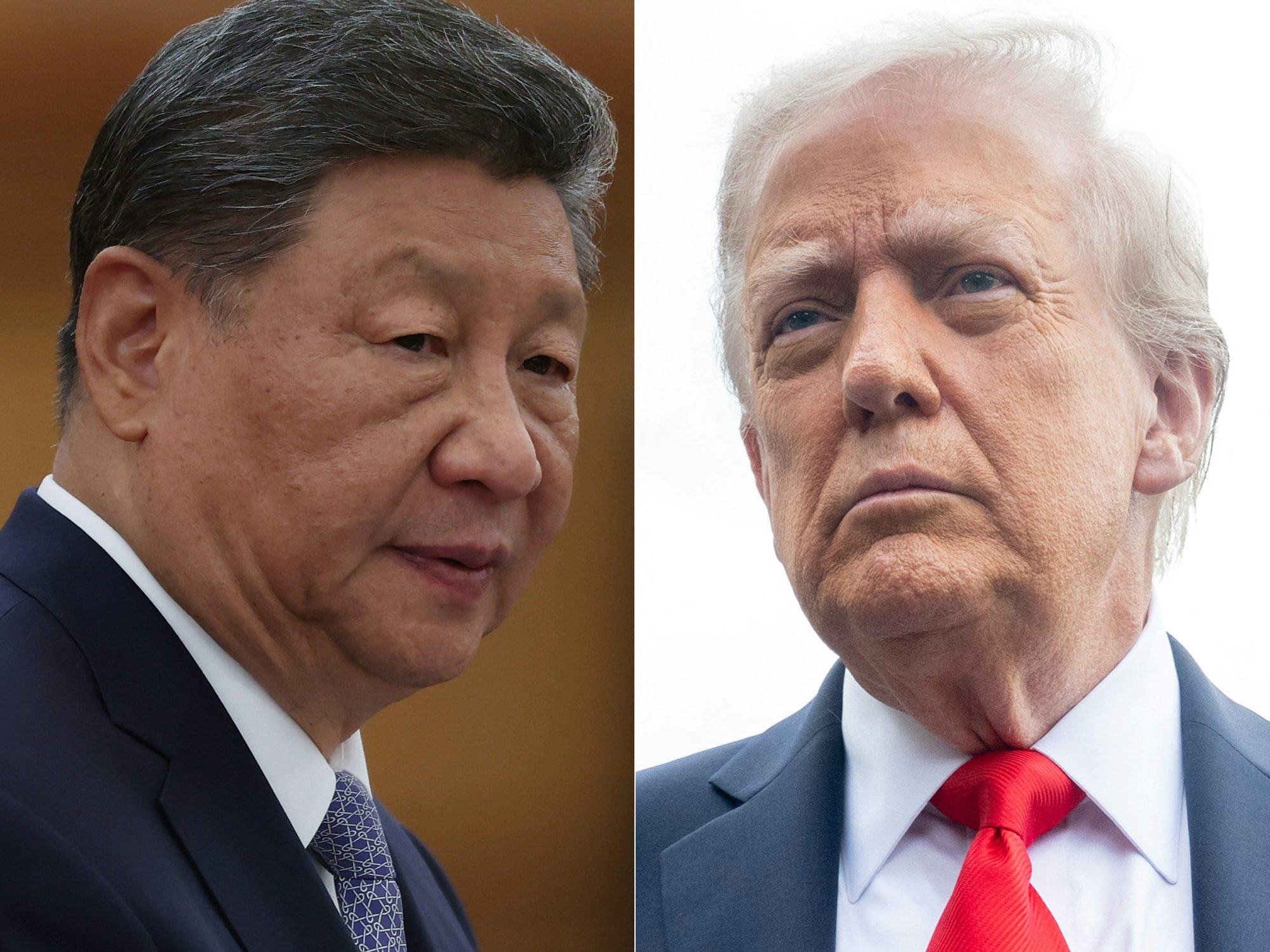In the 1960s, conservative intellectual James Burnham wrote a book arguing that the decline of Western civilization was a self-imposed choice. His volume, famously titled *The Suicide of the West*, desperately needs an update—one that includes an epilogue about the United States’ growing dependence on China for the mining and processing of rare earth elements. This vulnerability ranks as one of the most fantastically self-damaging strategic missteps of our time.
China is exploiting its advantage in trade negotiations with the United States by restricting the supply of rare earths to gain leverage. A key focus of President Donald Trump’s recent meeting with Australian Prime Minister Anthony Albanese was forging an agreement to jointly invest in critical-minerals projects. There has to be more where that came from. The United States must push on all fronts to address this truly dangerous strategic vulnerability.
Rare earth materials are crucial for manufacturing cars, smartphones, drones, medical devices, and, most importantly, high-tech weapons. For example, approximately 800 pounds of rare earths go into making a single F-35 fighter jet. Between 2019 and 2022, the Government Accountability Office reports, the United States imported more than 95% of the rare earths it consumed—and overwhelmingly from China.
It would be one thing if we relied on Norway or Canada—both allied nations with whom we have no prospect of military conflict (despite the occasional presidential joking about annexation). Instead, China, an adversary bent on surpassing the United States as a global power, is the country we are most likely to confront in a potentially ruinous war.
This scenario echoes the 1930s, when Imperial Japan imported 80% of its oil from the United States, even as it hurtled toward collision with American forces. Today, we are repeating that dynamic, except without a good reason, and playing the role of resource-starved Japan.
It’s a little like King Harold needing Norman goodwill to supply his men with shields in 1066 or Lord Nelson requiring French materials to build his ships of the line in 1798.
Not so long ago—in 1991—the United States was the biggest supplier of rare earths. Then, China undertook a concerted and highly successful effort to wrest the mining and processing of rare earths out from under us. It handed out tax rebates to boost production, bought a key U.S. rare-earths business, and shipped its equipment to China. Over time, it squeezed out the U.S. rare-earths industry and has maneuvered to maintain its dominance ever since.
This is industrial policy as highly consequential geopolitics.
There is no alternative but to respond in kind, which the Trump administration, to its credit, is now undertaking. According to Treasury Secretary Scott Bessent, the administration will establish a price floor for the domestic rare-earths industry. The Defense Department has taken an equity stake in our largest rare-earths miner, with more such moves anticipated.
Public-private cooperation, akin to what characterized Trump’s Operation Warp Speed, is necessary, along with the relaxation of permitting and environmental restrictions. It will take years to make up lost ground, but with enough resources and staying power, this problem is solvable.
Friendly countries have ample supplies of rare earths. The bigger challenge is processing—the sector where China holds an almost complete monopoly. Processing requires specialized know-how and considerable time to build facilities. Still, this is not a technical or logistical challenge on the scale of, say, the Manhattan Project.
Of all the elements of our post–Cold War vacation from history—when defense spending, geography, and supply chains were no longer considered paramount—the outsourcing of the rare-earths industry to China was the most improvident.
If nothing else, China’s recent use of rare earths as a weapon in trade disputes is a cautionary signal of what could come during a more momentous conflict. We can’t say we weren’t warned.
